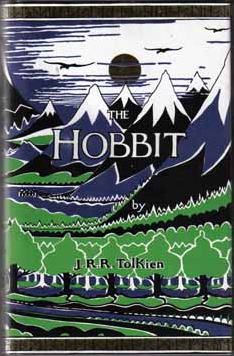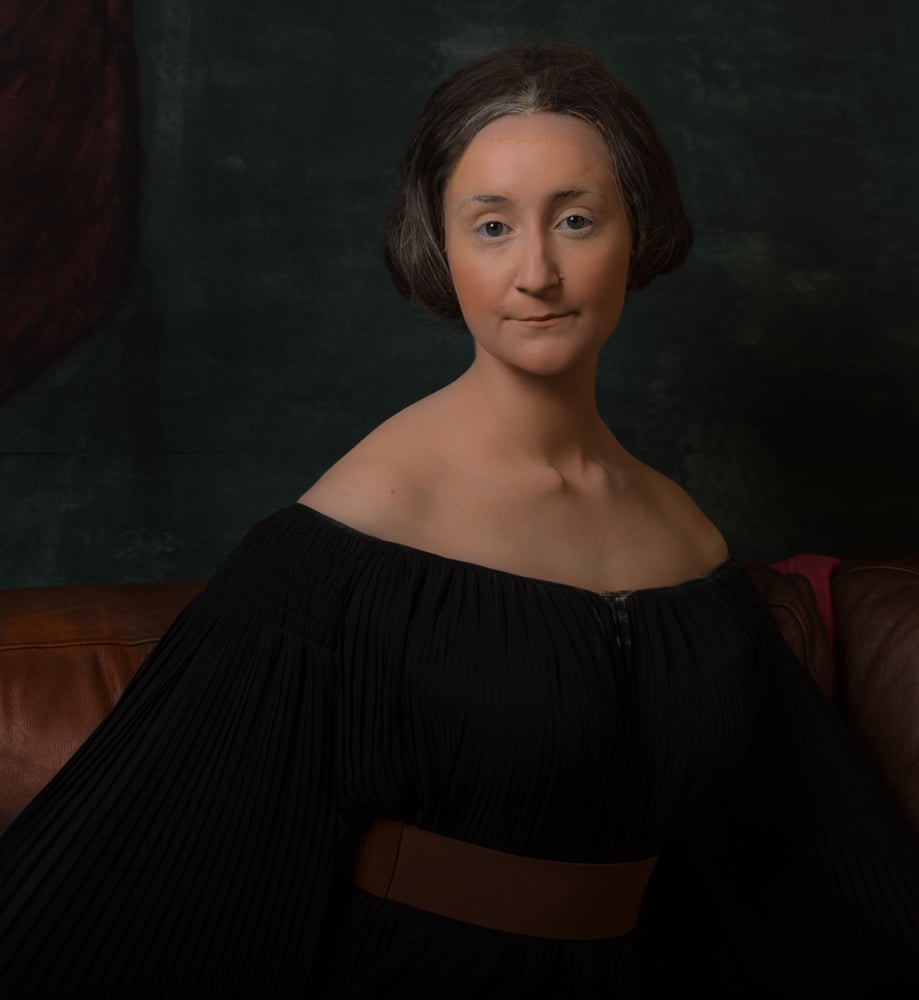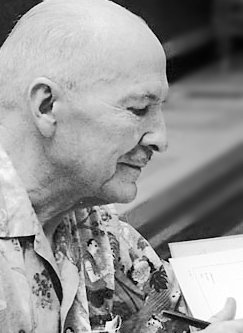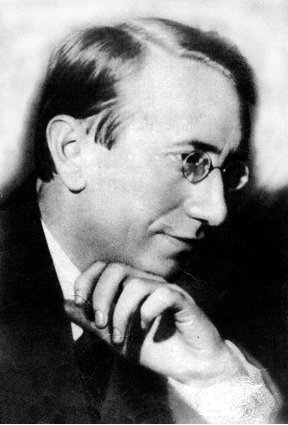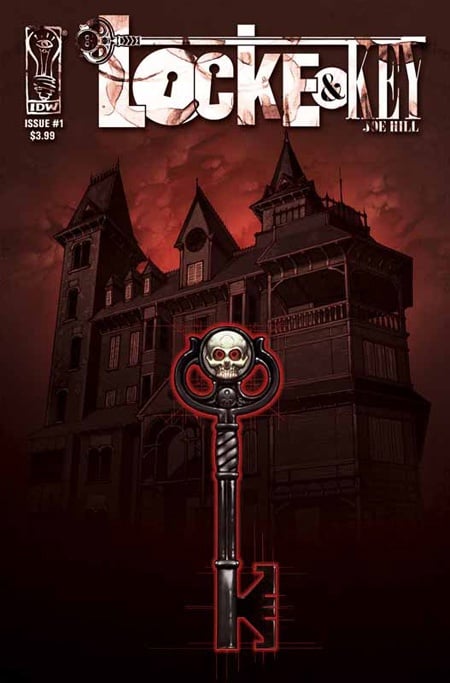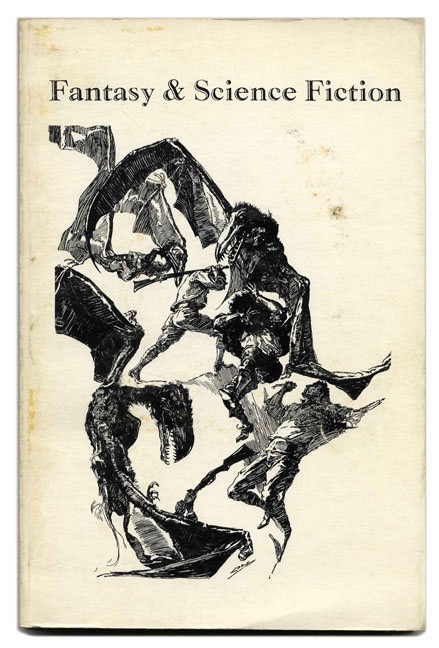Today we celebrate the life of John Ronald Reuel Tolkien, author of The Hobbit (1937) and The Lord of the Rings (1954-1955). The tremendous success of these novels has earned Tolkien the title “father of high fantasy”, yet he did more than create tales of elves and dragons. An Oxford professor and expert in Old English and mythology, Tolkien believed that all myths contain “fundamental truths” that speak deeply to the human condition. He imbued his novels with these primordial themes, and it is perhaps for this reason that his works have maintained such enduring popularity.




